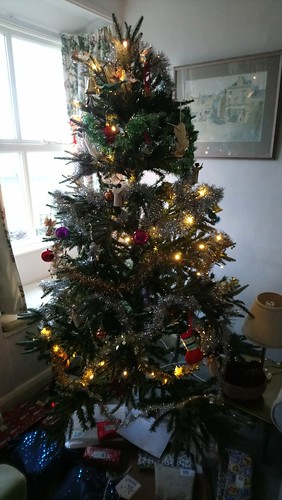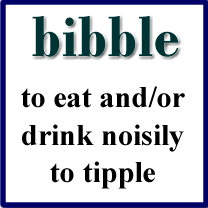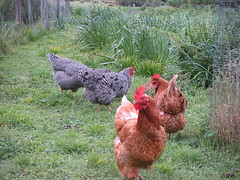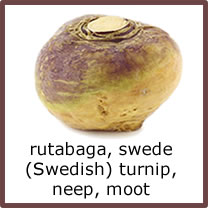Many years ago I went to a fascinating talk by David Crystal in Bangor University about endangered languages. One of the things he said was that a good way to spread the word about the plight of such languages might be for creative people to make art, or to write songs, stories, poems, etc about them.
Since then I’ve been thinking about writing a song about this topic, and finally got round to it a few weeks ago. Today I made a recording of it, with harp accompaniment. It’s called Echoes on the Tongue, and is written from the perspective of the words of an endangered language that has never been written down, and has only a few elderly speakers.
At the end of the recording I’ve added the phrase “we are still here” spoken in endangered languages – currently Welsh, Breton, Irish, Scottish Gaelic and Manx. If you can translate this phrase into other endangered languages, and ideally make a recording of it, please do. Recordings can be sent to feedback[at]omniglot[dot]com.








